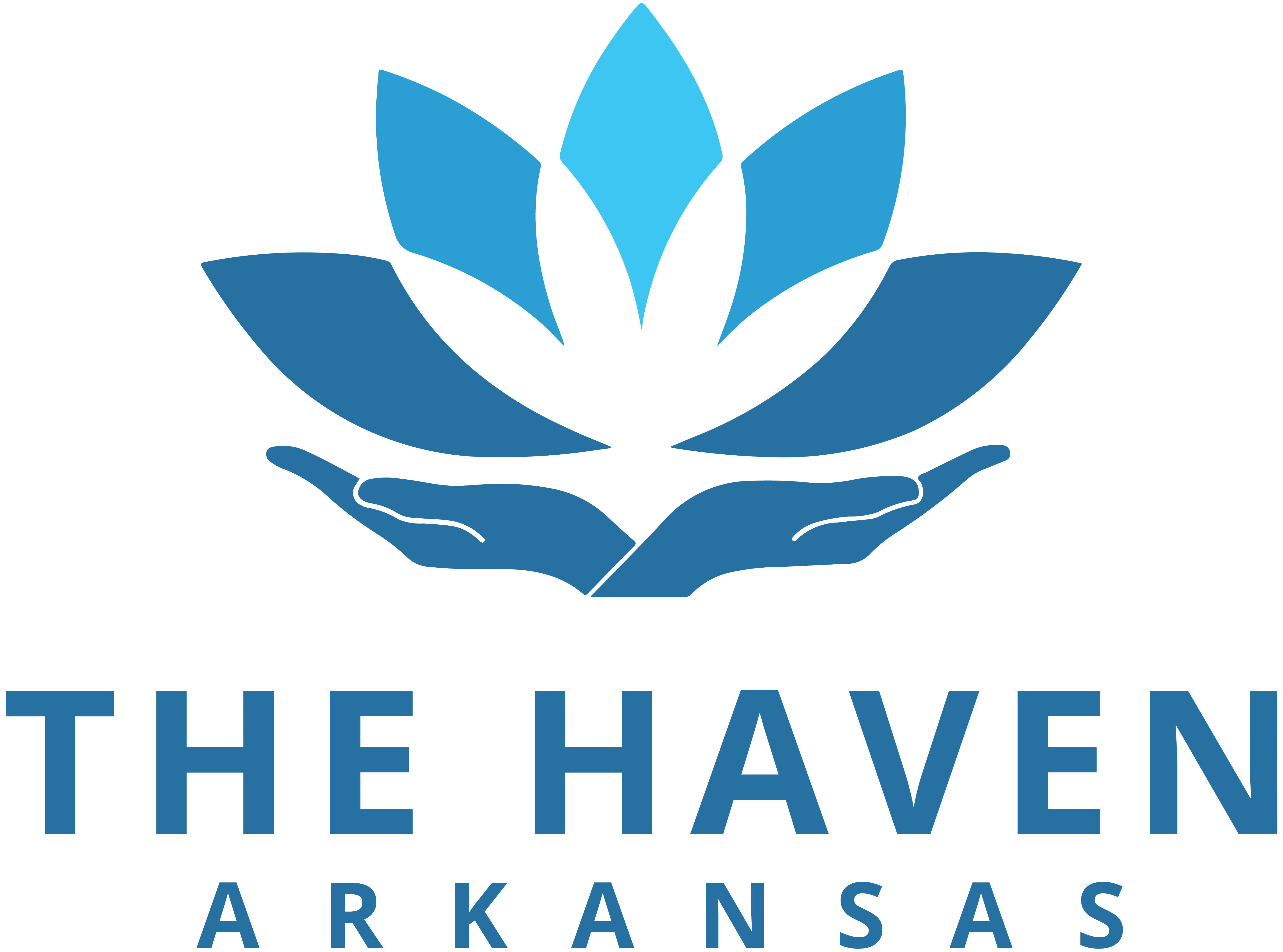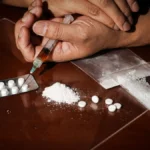The opioid crisis in Arkansas is a pressing issue that demands attention. The state is grappling with the devastating effects of opioid addiction, affecting families, communities, and individuals alike. In this article, we will shed light on the current opioid epidemic in Arkansas, including its challenges and the pathways to opioid addiction recovery.

Key Takeaways
The opioid crisis in Arkansas is causing a significant increase in drug overdose deaths. Here are some key takeaways from the article:
- Over-prescription of opioids has contributed to the opioid crisis in Arkansas.
- The easy availability of illegal opioids, such as heroin and illicitly manufactured fentanyl, has worsened the crisis, especially in rural areas.
- Treatment approaches in Arkansas include detoxification, residential treatment, therapy, counseling, and support groups.
Choose The Haven Detox-Little Rock today, and take the first step towards a healthier, opioid-free life. Contact us at (501) 271-3342 today.
Opioid Epidemic in Arkansas
The opioid crisis in Arkansas is significant and affecting people across the state. Recently, overdose death rates related to opioid use have increased. These opioid overdoses impact individuals physically and emotionally, taking a toll on the economy and communities.
Physical and Emotional Impact
The physical and emotional toll of opioid use and drug overdoses in Arkansas has led to a rising number of lives lost and individuals grappling with chronic pain, serious health issues, and withdrawal symptoms.
Recently, overdose deaths have surged in Arkansas, primarily due to opioids. These overdoses can have a profound physical and emotional impact on individuals and their family members.
Economic and Community Impact
The opioid crisis in Arkansas has significant economic consequences, with employers struggling to find a workforce due to substance abuse and communities facing challenges supporting law enforcement and organizations fighting drug abuse.
The cost of treating opioid addiction and its consequences is straining the state’s economy, making it not just a health issue.
Opioid overdoses are not confined to specific cities. They have spread across the state, affecting communities of all sizes. The epidemic has strained law enforcement and organizations working to combat drug abuse as they strive to provide necessary resources and programs.
In response to this crisis, the Arkansas Opioid Recovery Partnership was established. This program focuses on prevention, access to services, and recovery support. It aims to reduce opioid overdoses, secure grants and funding, and foster collaboration among law enforcement, healthcare providers, and employers.
Causes of Opioid Epidemic
Several factors, including over-prescription of opioids and the availability of illicit opioids, have fueled the opioid epidemic in Arkansas.
Over-Prescription
One major contributor to the opioid crisis has been the over-prescription of opioid medications by healthcare providers. This over-prescription not only put patients at risk of opioid misuse but also contributed to the availability of unused opioids in homes, which could be accessed by others, including young adults.
Availability of Illegal Opioids
The easy availability of illegal opioids, such as heroin and illicitly manufactured fentanyl, has further exacerbated the opioid crisis in Arkansas. These drugs often enter communities, leading to increased opioid-related deaths.
Rural areas in Arkansas counties have been particularly hard-hit by this availability, making it crucial for local leaders and law enforcement to collaborate to combat this issue.
Treating Opioid Addiction in Arkansas
In Arkansas, treating opioid addiction is crucial to save lives and build healthier communities. Various approaches are employed to help individuals overcome opioid use disorder and find the support they need for recovery.
Detox
Detoxification is often the first step in treating opioid addiction. This process helps individuals safely rid their bodies of opioids while managing withdrawal symptoms. It’s a crucial initial phase, often conducted under medical supervision, to prepare individuals for further treatment.
Residential Treatment
Residential treatment programs offer individuals a supportive and structured environment to focus on their recovery. During inpatient drug rehab, people receive round-the-clock care and counseling to address the underlying causes of their addiction. These programs help individuals develop strategies for a life free from opioid misuse.
Therapy and Counseling
Therapy and counseling play a crucial role in the recovery process. People with opioid use disorder receive individual and group therapy to manage the psychological aspects of addiction. Counseling helps individuals learn coping skills and gain insight into their substance use disorder, providing a path toward healthier choices.
Support Groups
In-person and online support groups provide a sense of community and understanding for those in recovery. They offer a safe space for individuals to share their experiences and learn from others who have faced similar challenges. Support groups play a valuable role in maintaining long-term sobriety.
Lastly, there is a concerted effort in Arkansas to expand access to these treatment options, especially in rural areas. Funding from opioid settlements is being allocated to support services and programs that aim to reduce addiction, overdose deaths, and the impact of opioid misuse on communities.
Frequently Asked Questions (FAQ)
What is the opioid problem in Arkansas?
The opioid problem in Arkansas involves:
A significant increase in opioid use.
Leading to rising addiction rates.
Overdose deaths.
The resulting physical, emotional, and economic consequences for individuals and communities across the state.
What is Arkansas ranked in opioid prescribing?
Arkansas had one of the highest opioid prescribing rates in the United States, often ranking among the top states for opioid prescription rates. However, rankings can change over time due to policy measures and public health efforts.
How many people have died from opioids in Arkansas?
Arkansas has experienced a significant increase in opioid-related deaths over the years. The exact number of opioid-related deaths may have changed since then, but it was a concerning public health issue in the state.
Transform Your Life With The Haven Detox-Little Rock
If you or a loved one is battling opioid addiction, take the first step towards recovery with The Haven Detox-Little Rock. Our comprehensive services include detox and residential treatment programs, providing the support and care you need on your journey to sobriety.
Don’t let opioid addiction control your life any longer. It’s time to break free from the grip of and start a healthier chapter. Your future is worth the investment, and our devoted team is here to guide you every step of the way.Contact us at (501) 271-3342 today for more information.




